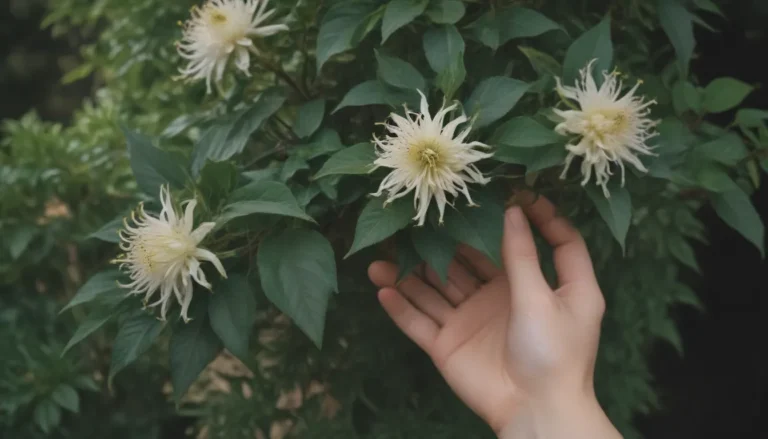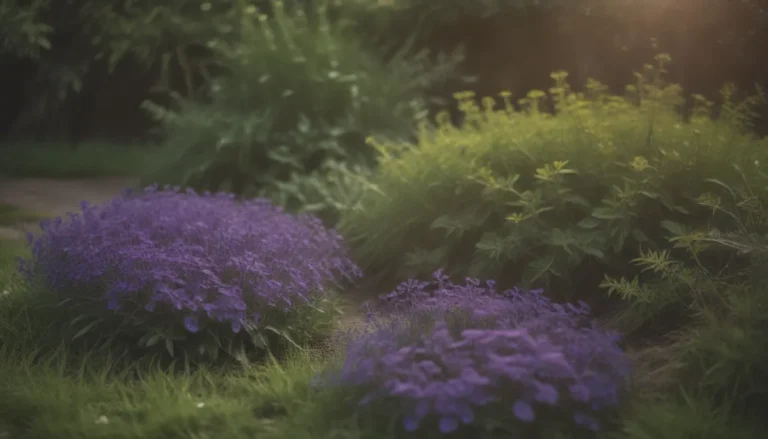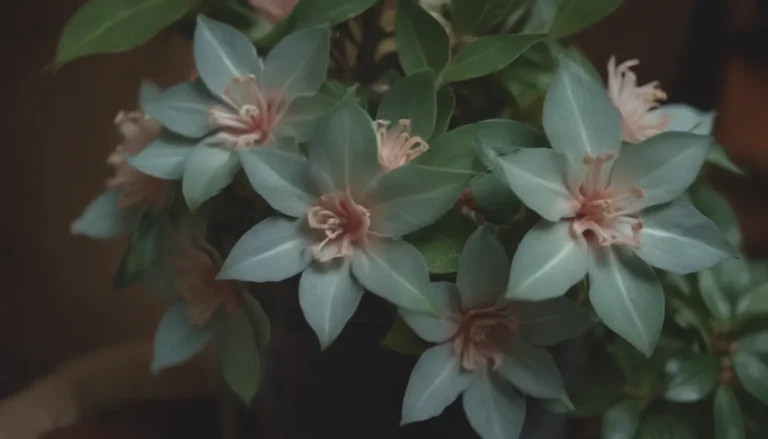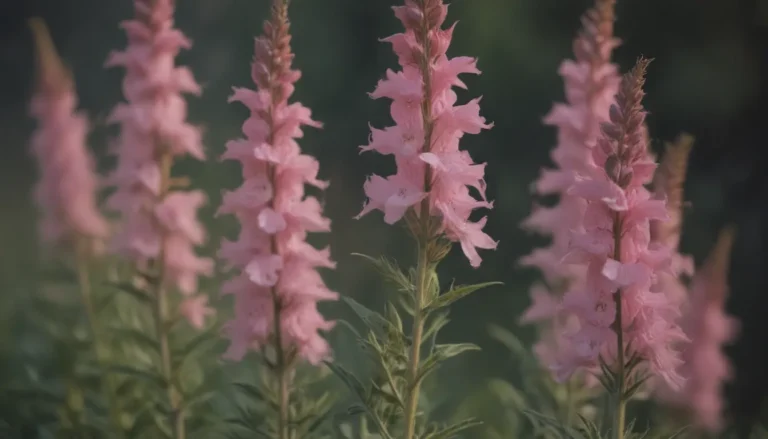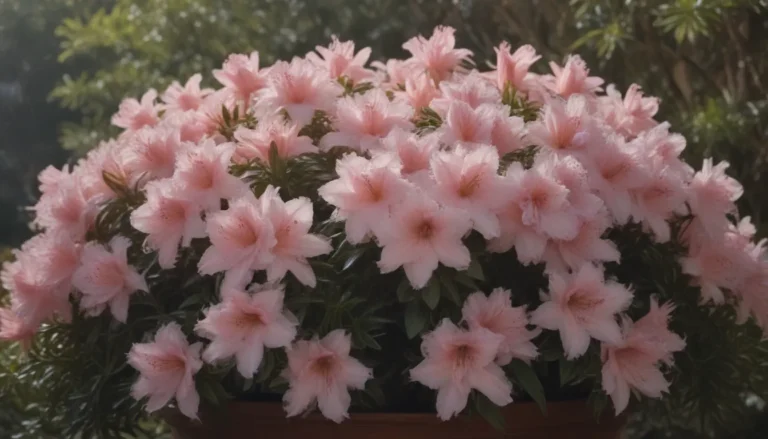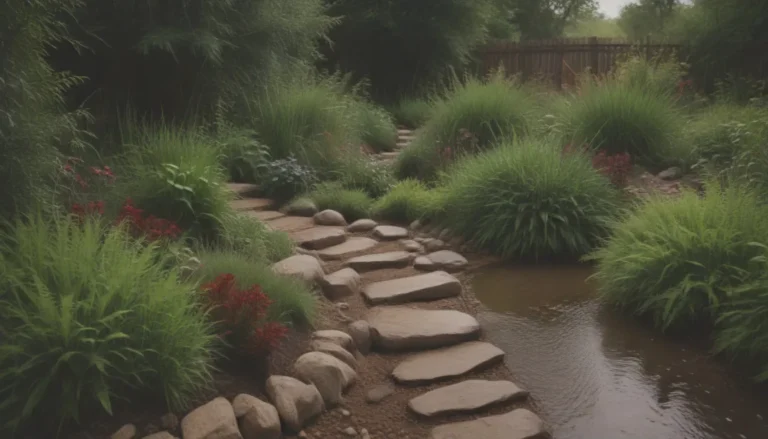The Ultimate Guide to Organic Gardening: How to Start Gardening Organically
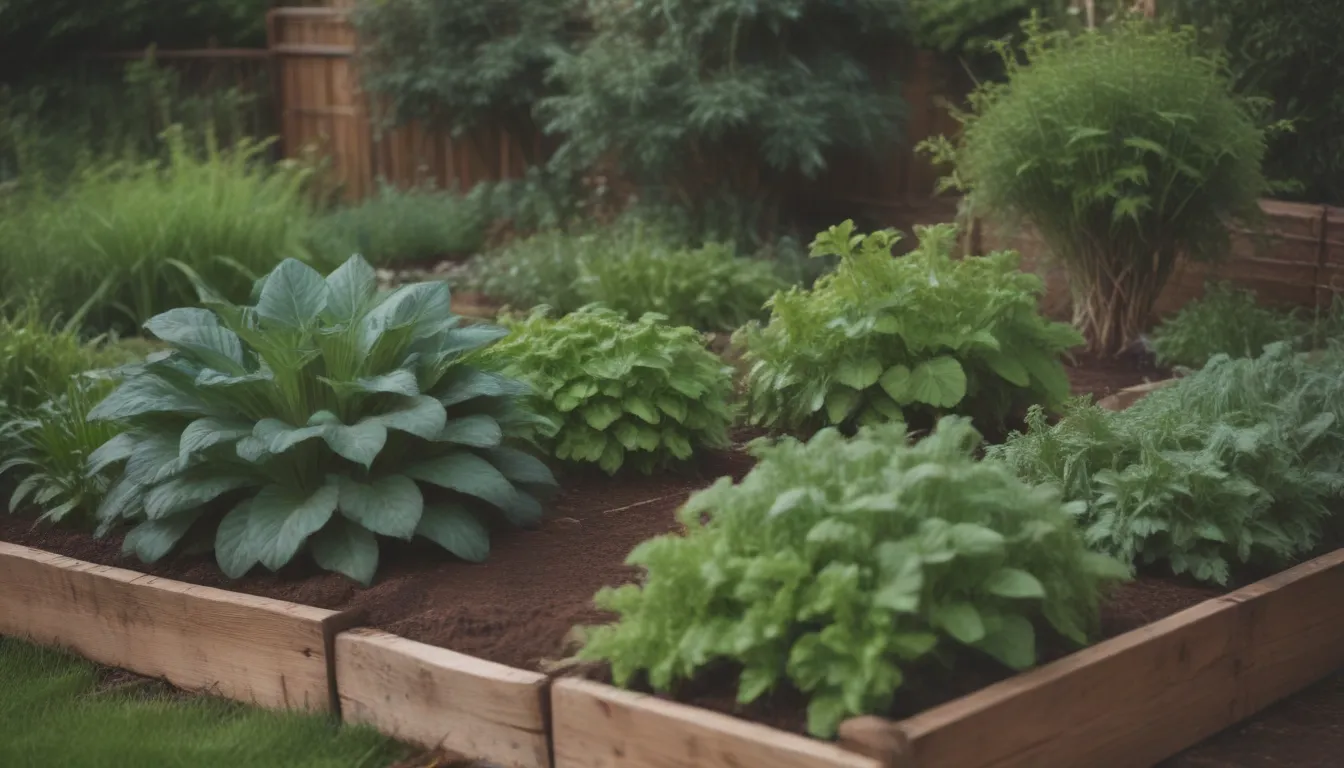
Are you interested in learning about organic gardening and how to get started on your own organic garden? Organic gardening goes beyond just growing food without synthetic fertilizers and pesticides—it’s a holistic approach that supports a healthy ecosystem and biodiversity. If you’re new to gardening or looking to transition to organic methods, this comprehensive guide will provide you with the information you need to start your own organic garden.
Why Organic Gardening?
There are numerous reasons to choose organic gardening over conventional methods. When you grow your own organic fruits and vegetables, you can avoid ingesting harmful pesticides used in commercial farming. Synthetic pesticides not only eliminate pests but also beneficial insects, disrupting the natural balance in your garden. Additionally, synthetic fertilizers can lead to runoff that contaminates water sources and causes algae overgrowth.
Organic gardening allows crops to grow naturally, using alternative pest control and fertilization methods that are safer for the environment. By embracing organic gardening, you can support a healthy ecosystem and enjoy fresh, chemical-free produce.
Getting Your Organic Garden Started
Amend the Soil
The key to a successful organic garden is healthy soil. To prepare your soil for planting, amend it with organic matter using a rototiller or shovel. While commercial farms must follow strict regulations for organic certification, home gardeners have more flexibility in their soil preparation. Consider the previous use of the land when determining how long to wait before planting.
Choose Easy Crops
When selecting crops for your first organic garden, start with easy-to-grow varieties. Avoid crops that are highly susceptible to pests or diseases, such as cauliflower and broccoli, until you gain more experience. Understanding the pests in your garden and how to manage them organically will help you grow a successful harvest.
Get Your Supplies Ready
Research and gather organic fertilizers, pest control products, and any other supplies you may need for your garden. Organic fertilizers and pesticides are readily available and can help you maintain a healthy garden without harmful chemicals.
Follow Golden Gardening Rules
Before you start planting, test your soil to determine its pH and nutrient levels. This information will guide you in amending your soil to support your plants’ nutritional needs. Remember to practice crop rotation to prevent pests and diseases, and explore companion planting to enhance your garden’s growth.
Attract Pollinators
Plant pollinator-friendly flowers alongside your crops to attract bees and other pollinators. Pollinators are essential for plants that require cross-pollination, such as zucchini, cucumbers, and pumpkins. Creating a welcoming environment for pollinators will benefit your garden and the local ecosystem.
Take Good Care of Your Garden
Maintain your garden by providing adequate spacing between plants for air circulation, watering, weeding, and fertilizing regularly. Consider using drip irrigation to prevent disease spread from splashing water and soil on your plants.
Conventional vs. Organic Seeds
Organic seeds may be more expensive than conventional seeds, but they offer benefits for organic gardens. By choosing organic seeds, you support efforts to protect native habitats and ecosystems. Organic seeds are also developed to thrive in organic gardening environments, offering better yields and disease resistance.
Organic Means of Fertilizing
Organic fertilizers come in various forms, from fish emulsion to blood meal. Selecting the right fertilizer for your crops depends on their specific needs and growth stages. The Organic Materials Review Institute (OMRI) provides a list of approved products for organic production, ensuring you choose safe and effective fertilizers for your garden.
Organic Pest Control Options
In organic gardening, pest control should always be a last resort. Identify the pest causing damage in your garden before applying any treatments, organic or conventional. Products like neem oil and diatomaceous earth are effective organic pest control options but should be used with caution to avoid harming beneficial insects.
Tip
Choose organic pest control products with an OMRI listing to ensure they meet organic standards and are safe for your garden.
Organic Compost Options
Composting is a vital part of organic gardening, providing valuable organic matter for your soil. While mature compost is beneficial, it should not be your sole source of fertilization. Organic fertilizer with a stable nutrient ratio is still necessary to meet your plants’ needs. Be cautious about what you add to your compost pile to avoid persistent herbicides that can harm your plants.
Warning
Avoid applying conventional broad-leaf weed killers to your lawn to prevent contaminating your compost with harmful chemicals. Use caution when sourcing compost from external facilities, as it may contain contaminants that could harm your garden.
Don’t Limit Organic Gardening to Edibles
While organic vegetable gardening is a fantastic start, consider expanding your organic practices beyond food crops. Reevaluate your lawn care practices and consider replacing turf with native grasses to support local biodiversity. Plant native flowers and create pollinator habitats to attract beneficial insects and support a healthy ecosystem. Embracing organic gardening extends beyond your vegetable patch—it’s a commitment to sustainability and environmental stewardship.
By following these principles of organic gardening, you can create a thriving garden that supports biodiversity, protects the environment, and provides you with fresh, healthy produce. Whether you’re new to gardening or looking to transition to organic methods, organic gardening offers numerous benefits for you and the planet.
References:
- Guidelines for Organic Crop Certification. USDA.
- Persistent Herbicides FAQ. US Composting Council.
